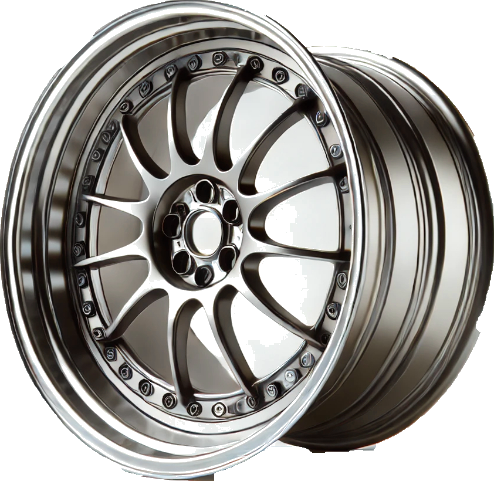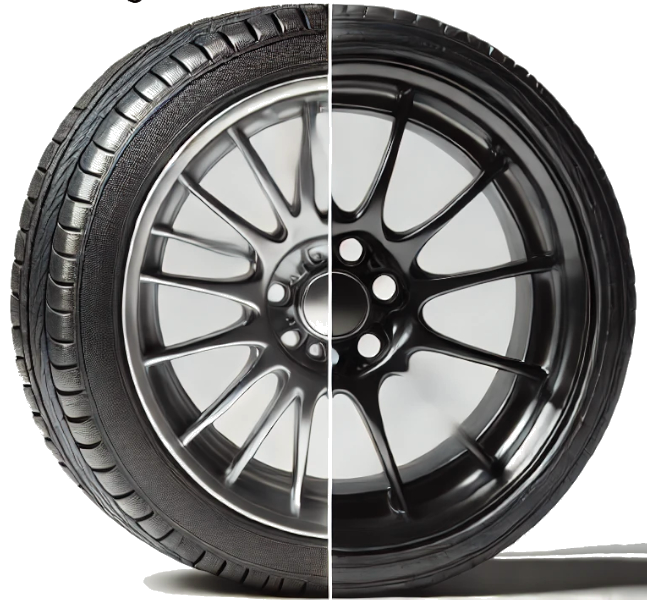What is Wheel Weight?
Wheel weight refers to the mass of the wheels on your vehicle, including the rims and tires. Wheels can vary greatly in weight depending on the material used, size, and design. The weight of your wheels has a direct effect on your car's performance, especially in terms of acceleration, handling, and fuel efficiency.

How Wheel Weight Affects Performance
The weight of your wheels influences several key aspects of your vehicle's performance:
1. Acceleration
Heavier wheels require more power to rotate, which can slow down your car's acceleration. Lightweight wheels, on the other hand, reduce the amount of force needed, allowing for quicker acceleration and better performance, particularly in sports cars and high-performance vehicles.
2. Fuel Efficiency
Wheel weight also affects fuel consumption. Heavier wheels can increase the load on your engine, causing it to work harder and use more fuel. Lighter wheels reduce this strain, potentially improving your vehicle’s fuel efficiency.
3. Handling and Braking
Wheels that are too heavy can negatively impact handling and braking. Heavier wheels increase the unsprung mass, making it harder for the suspension to control the vehicle's movement. Lightweight wheels improve responsiveness and reduce stopping distances, enhancing overall control.
When to Choose Lightweight Wheels
If performance is a priority for you, lightweight wheels are an excellent choice. Here are a few situations where lightweight wheels can make a significant difference:
1. High-Performance Driving
For sports cars or vehicles built for speed, lightweight wheels are essential for maximizing acceleration and handling. The reduced weight allows for more nimble performance, better control, and quicker braking.
2. Fuel Economy
If fuel efficiency is a concern, consider opting for lightweight wheels. Reducing the weight of your wheels can help improve gas mileage by lowering the overall energy required to move the car.
Downsides of Lightweight Wheels
While lightweight wheels offer many benefits, there are some downsides to consider:
1. Durability
Lightweight wheels, particularly those made of materials like aluminum or alloys, may be less durable than heavier steel wheels. If you're driving on rough terrain or need extra durability, lightweight wheels might not be the best option.
2. Cost
Lightweight wheels are often more expensive than their heavier counterparts. High-quality, lightweight wheels made from advanced materials like carbon fiber or forged aluminum can be a significant investment.
Conclusion
The weight of your wheels plays a critical role in your vehicle's performance. Lighter wheels offer improved acceleration, handling, and fuel efficiency, making them ideal for high-performance and fuel-conscious drivers. However, if durability and cost are important to you, heavier wheels may be a better fit. Consider your driving needs and goals when selecting the right wheels for your vehicle.


Comments
Log in to leave a comment.
I didn’t realize how much wheel weight could affect performance! Do you have any recommendations for lightweight wheels that still offer durability?